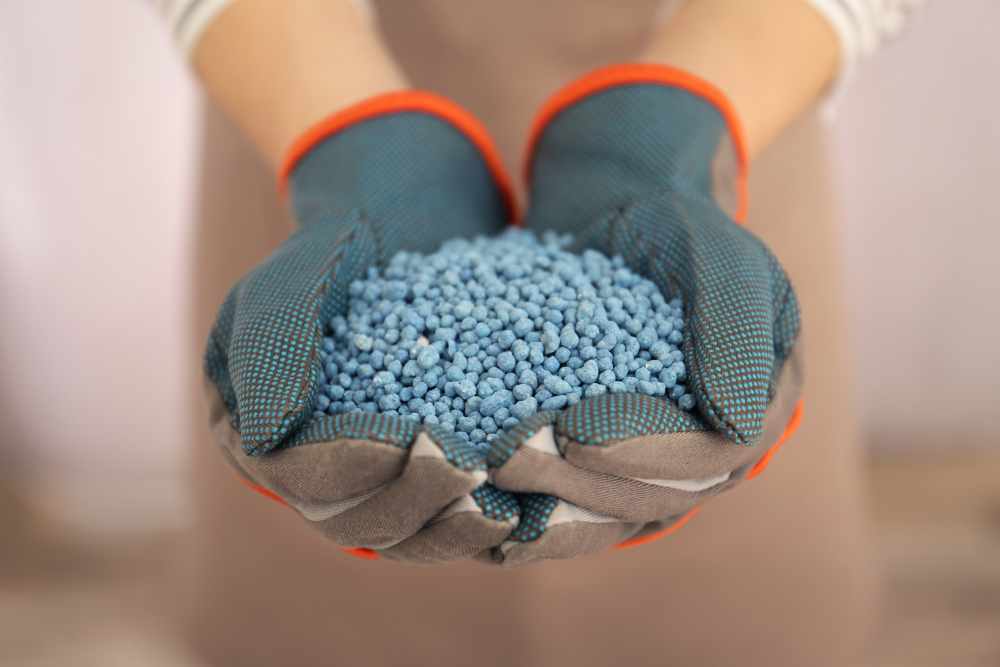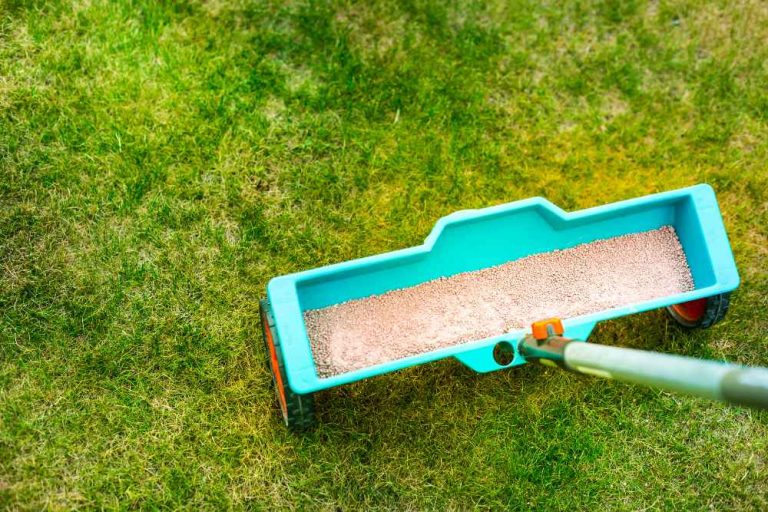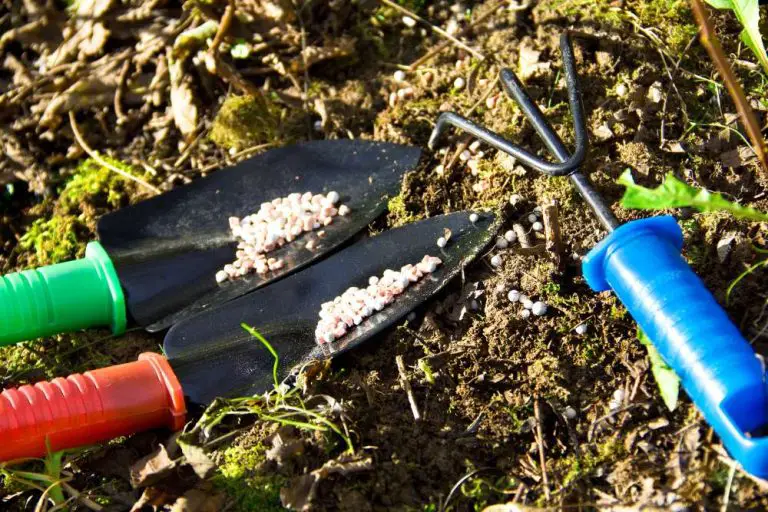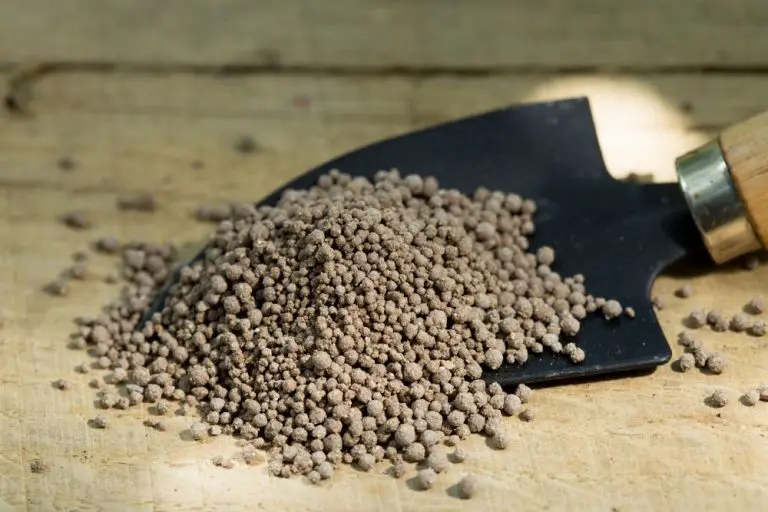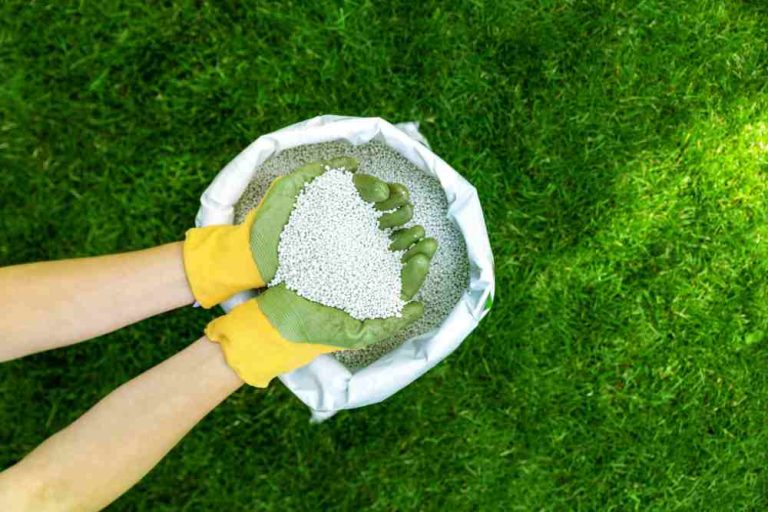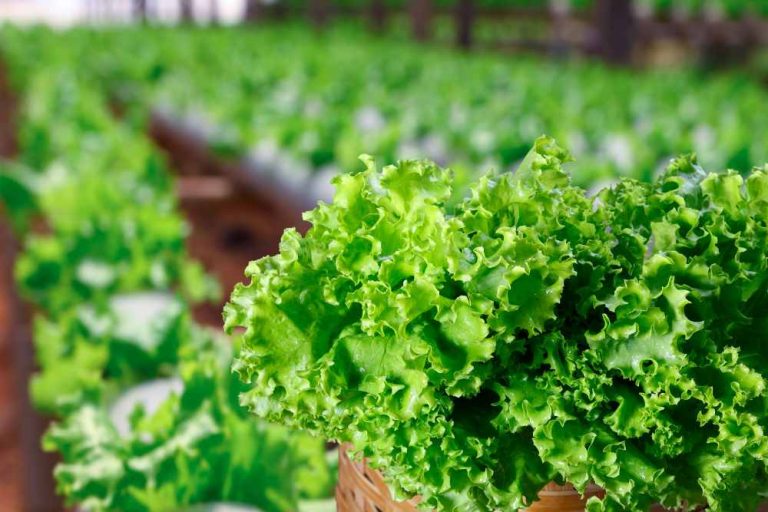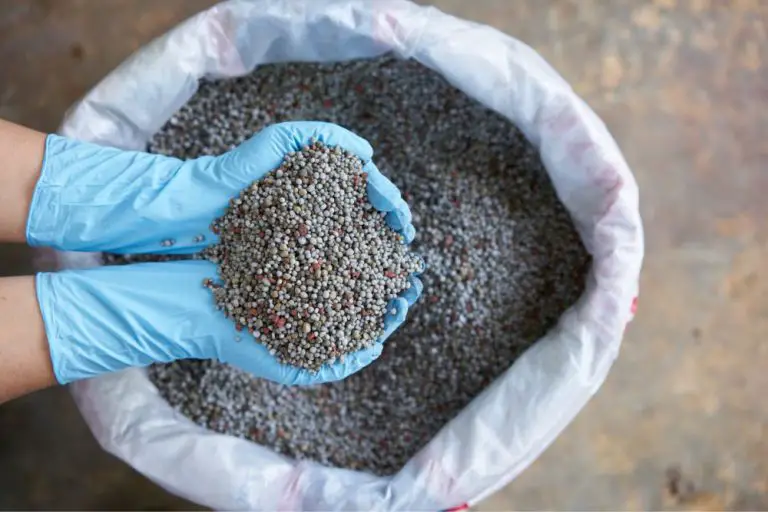13 Best Organic Fertilizer for Garden: A Complete Guide
Fertilizers are any material that is generated naturally or chemically. It contains critical nutrients for plant growth. Fertilizers include compost, manures, and granular or liquid amendments. Fertilizers usually apply to the root system of a plant or as a foliar spray. When you purchase fertilizer, the container will have three macronutrient ratios—nitrogen (N), phosphorous (P), and potassium (K)—printed on it in bold letters. The percentages of N, P, and K in the fertilizer combination are shown in these numbers.
Be aware that not all fertilizers are created equal, and providing fertilizer to your plants does not guarantee a successful harvest. Without excellent organic fertilizer, what would happen to our gardens? This article discusses the best organic fertilizer for garden for naturally feeding your plants.
The best organic fertilizers contain minerals gathered from naturally occurring sources rather than relying on synthetic nutrients produced in a chemical plant. When feeding your vegetable crops, we always advise applying natural, organic fertilizers rather than synthetic chemicals.
Chemical fertilizers give results immediately, but they have a harmful long-term impact on the fertility and health of the soil. Burning the roots is also made simpler by these methods. They might cause plant damage or even death. Furthermore, applying synthetic fertilizer is not a healthier way to grow vegetables.
Natural and organic fertilizers, gradually improve the soil. It provides vegetables with a strong, nourishing foundation that they require to develop. And rich, nutritious soil provides us with healthier, stronger plants, higher yields, and delicious, healthy organic vegetables!
Types of Organic Fertilizers
For your garden, it’s necessary to choose the right kind or mix of organic fertilizers. While some products are totally animal-based, others are entirely plant-based. Another type may have a mix of plant, animal, and mineral-based substances.
Plant-Based
Plant-based organic fertilizers include compost, alfalfa meal, cottonseed meal, soybean meal, seaweed, liquid seaweed, and others. Most plant-based fertilizers have less nitrogen but cottonseed meal and soybean meal both contain up to 7% nitrogen. This form of fertilizer supplies soil-improving carbon as well as natural plant growth stimulants and enzymes that are not found elsewhere. These compounds function as soil conditioners and decay quickly.
Compost
Compost contains living organisms such as bacteria and fungi. It offers nutritional organic matter to the soil, aiding in the breakdown of plant wastes into nutrients. Compost is a great organic natural fertilizer that encourages the growth of good bacteria and fungi. The soil in your vegetable garden can be made more fertile and healthy by adding compost. Additionally, compost reduces the need for synthetic fertilizers.
Alfalfa Meal
The organic fertilizer alfalfa is frequently used in animal feed. Alfalfa meal, on the other hand, is a natural fertilizer that has been ground up to decompose more quickly. Low quantities of nitrogen, phosphorous, and potassium are present in this organic fertilizer.
Alfalfa meal improves plant health more gradually than other organic fertilizers compared to other organic fertilizers. In organic farming, these work best as soil conditioners in the early spring before planting. This type of organic plant fertilizer is often used in agricultural fields in the way that nature intended.
Recommendation: Down To Earth Alfalfa Meal, 4lb
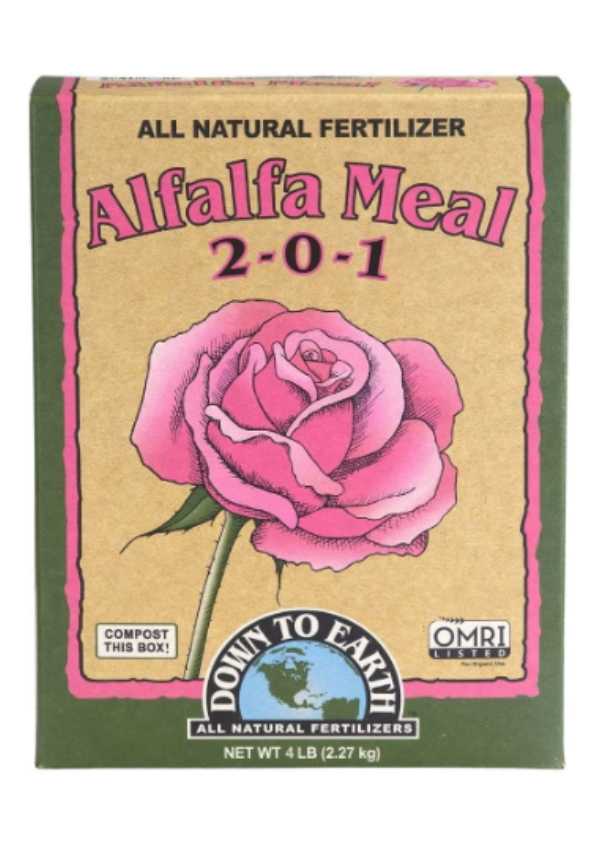
Cottonseed Meal
In addition to having a lot of nitrogen, this fertilizer’s organic components also have a lot of potassium and phosphorus. Cottonseed meal has the drawbacks of working slowly and only being accessible in regions where cotton is grown. In organic gardening, this fertilizer works well for conditioning gardens in the fall before mulching or growing cover crops. As a result, the nitrogen in the cotton seed meal can fully break down and become easily available in the spring.
Recommendation: Down To Earth Cottonseed Meal, 5lb
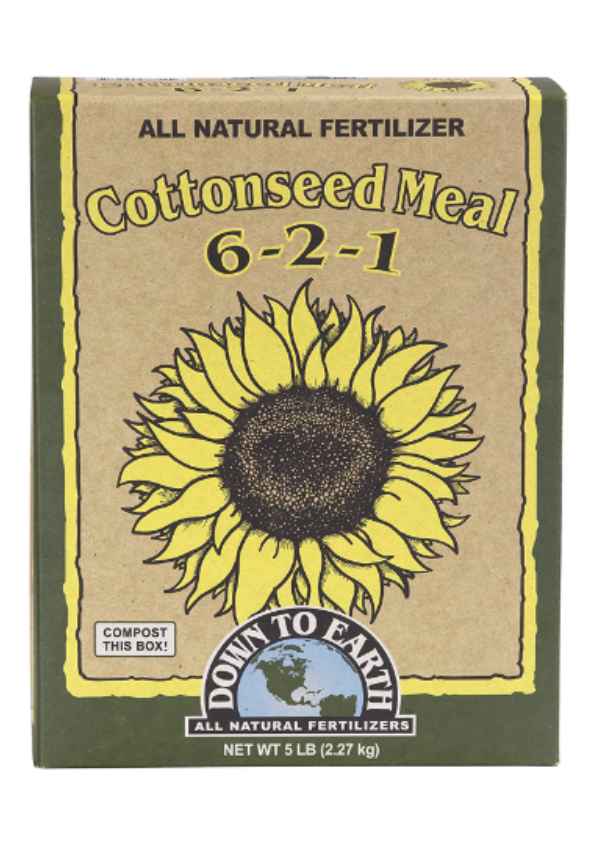
Soybean Meal
Soybean meal has a high nitrogen content and low levels of phosphate and calcium. The rate at which this product is absorbed into the soil depends on the growing environment, however, it usually happens gradually. Long-term soil conditioning with soybean meal is effective.
Recommendation: Down To Earth Organic Soybean Meal, 5lb
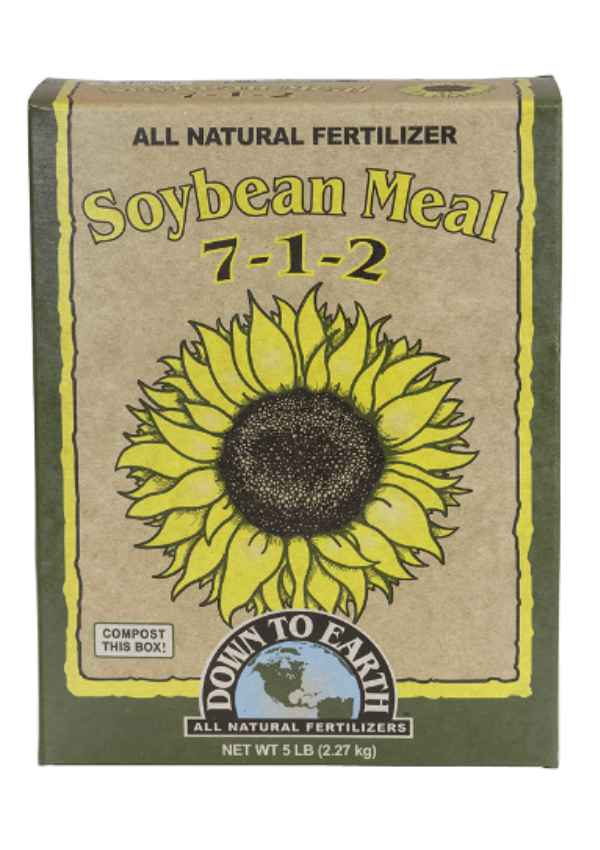
Seaweed
Seaweed is typically available for free along most coastlines. It has only trace levels of all three essential nutrients (N, P, K), despite being rich in zinc and iron. Grain crops and other crops that require a lot of potassium are expected to benefit greatly from seaweed.
Recommendation: Down To Earth Kelp Meal
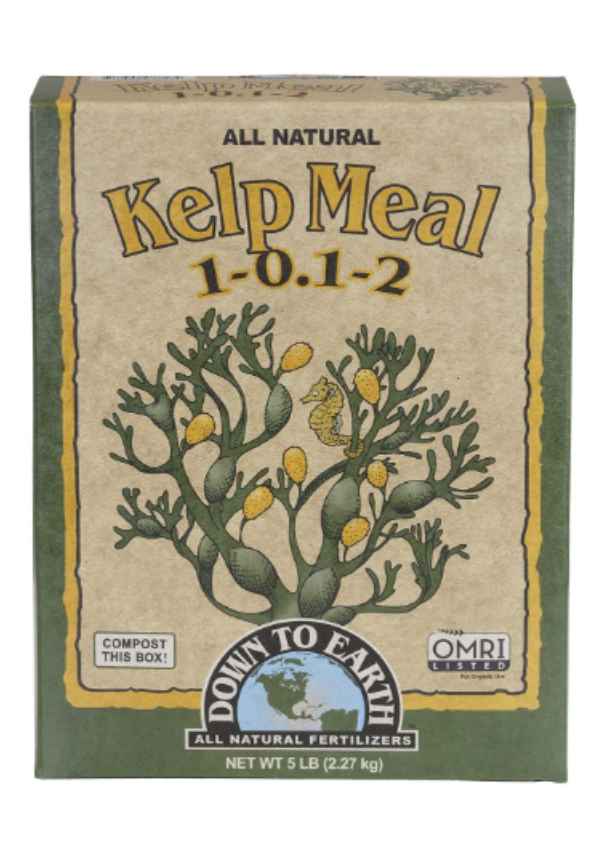
Liquid Seaweed
Liquid seaweed is one of the greatest organic fertilizers for your vegetable production. The majority of seaweed fertilizers contain kelp. More than 50 minerals and amino acids are present. Even as a seed inoculant to promote germination, seaweed liquid can be employed.
Recommendation: Neptune’s Harvest Seaweed Fertilizer

Animal-Based
Animal-based fertilizers like blood meal, bone meal, and fish meal produce much greater amounts of the three primary macronutrients (N, P, and K) than do plant-based fertilizers.
The leftovers from the fish and meat processing industries are used to make these fertilizers. Granular fertilizers like bone meal and blood meal progressively release nutrients throughout the growing season.
Blood Meal
Blood meal is a rich provider of phosphate and nitrogen, but it shouldn’t be utilized excessively. Additionally, blood meal has the potential to attract pests to your plants. This fertilizer is created from powdered animal blood from dead animals. Blood meal is lacking in other components but rich in nitrogen.
Blood meal is highly acidic. It has the potential to burn plants if applied in excess. You should continue with extreme caution. Before planting anything in the soil, apply blood meal to it. Despite this, blood meal is a great tonic for sick plants because of how quickly it works. Apply this fertilizer to the plant’s roots according to the instruction on the package.
Recommendations: Espoma Dried Blood Meal, 3.5lb / Dr Earth 716
2 lb Blood Meal 13-0-012
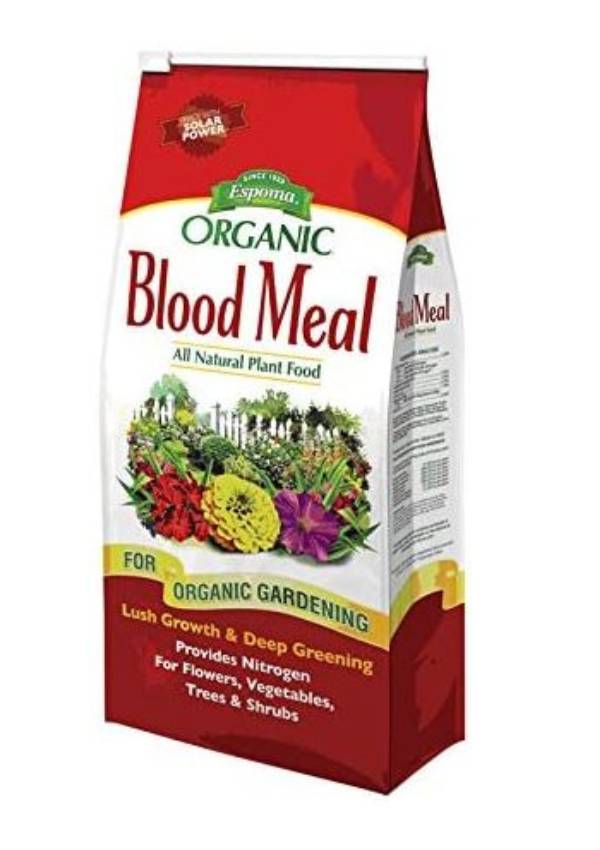
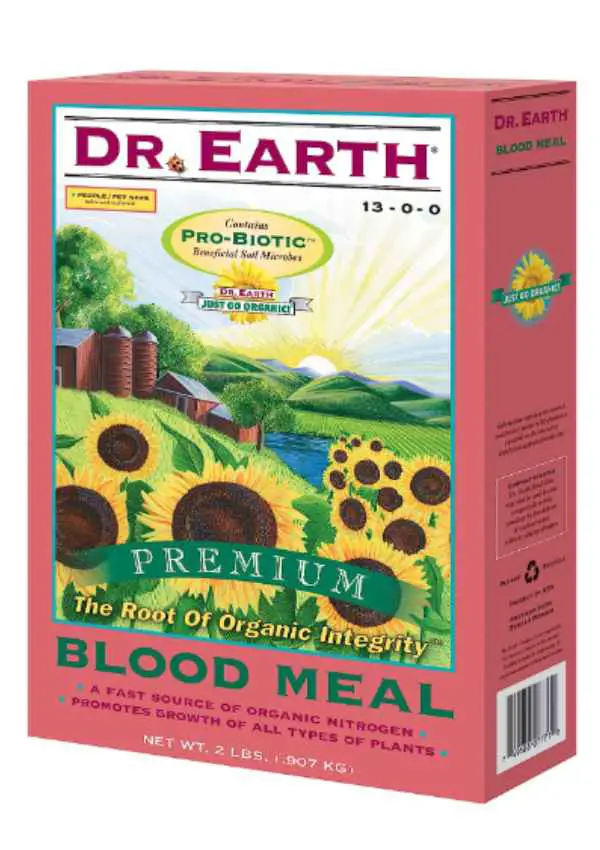
Bone Meal
This phosphorus-rich fertilizer is also heavy in nitrogen. It works at a moderate speed to encourage flower production and root development. Therefore It is perfect for fruit trees, flowers, and bulbs. However, in locations with high nitrogen levels where plants are constantly burned, it is largely used as a soil amendment. Bone meal is a better plant food than synthetic chemicals when you used it correctly.
Recommendations: Espoma Organics Bone Meal Fertilizer 4lb / Burpee 99823 99951 Organic Bone Meal Fertilizer, 3 lb.
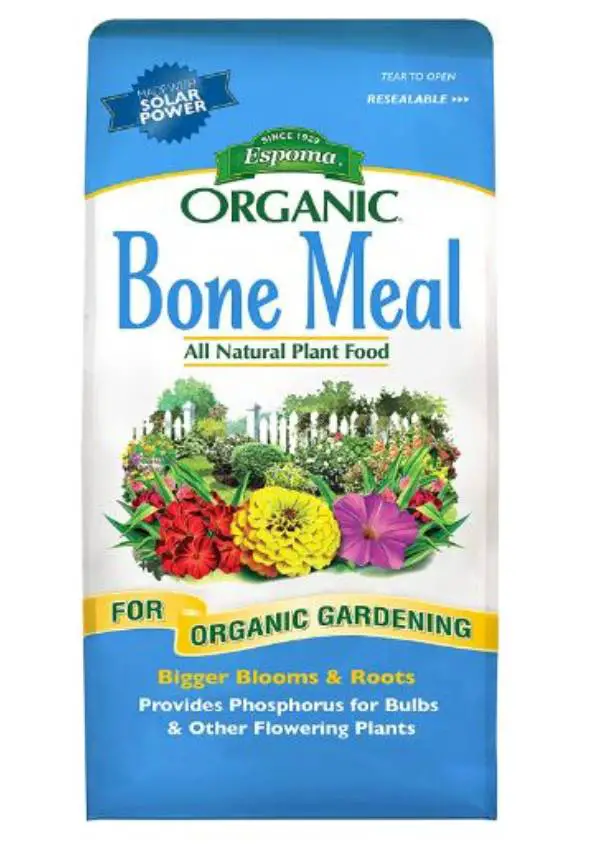
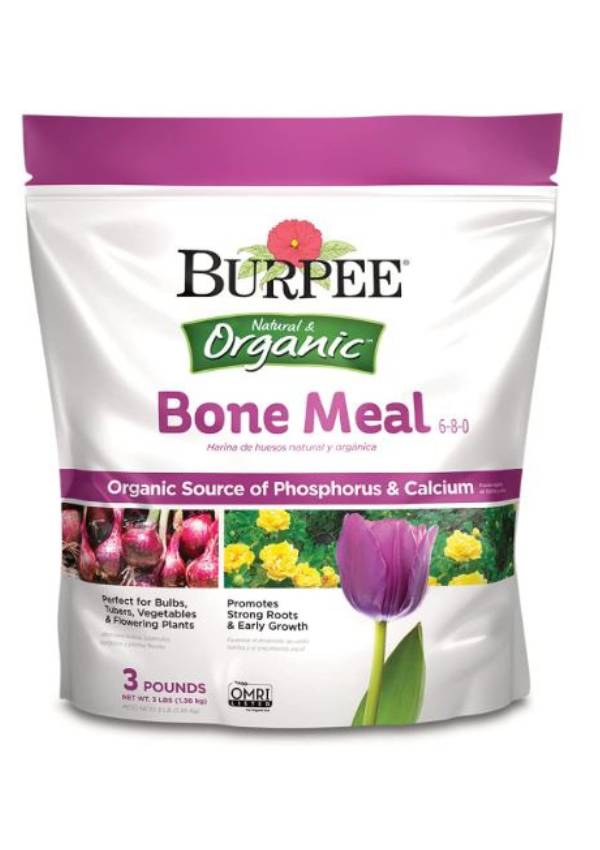
Fish Meal
Due to its high nitrogen concentration, fish meal functions as a quick natural fertilizer rather. Additionally, it has a significant amount of calcium and phosphate. It uses leftover fish parts and is advantageous to corn crops. Being environmentally aware of organic farming is exactly what nature intended.
Recommendation: Down To Earth Fish Bone Meal, 1lb
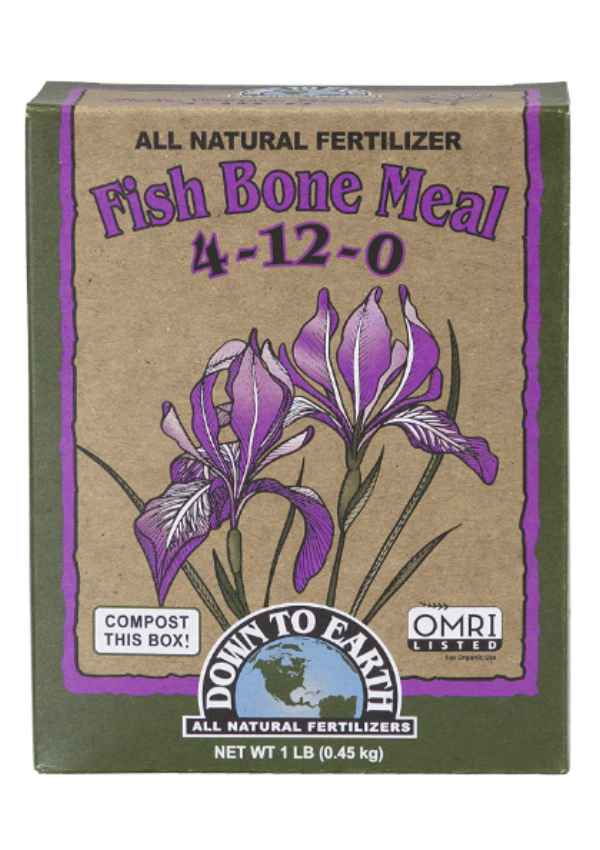
Mineral
Inorganic fertilizers are not all synthetic. Mineral fertilizers are not technically “organic”. Despite the fact that they don’t contain carbon, certain organic fertility systems use them. They are good suppliers of trace minerals that may or may not be beneficial to the fertility system. They are great sources of trace minerals that aren’t always present in other fertilizers.
Rock Phosphate
A naturally occurring source of phosphorus, clay deposits yields rock phosphate. In addition to about 4% phosphorus, it also contains significant amounts of calcium, traces of magnesium, nitrogen, potassium, iron, copper, manganese, and boron.
Rock phosphate is produced by grinding up rocks. Rocks are ground to create rock phosphate. The fact that the elements in it do not dissolve in water is the main benefit of using this fertilizer. Instead, they remain in the soil for a while before being absorbed by the nearby plants. This is perfect for someone who cultivates organic gardens and values protecting the environment.
Recommendations: Down To Earth Rock Phosphate 5lb / Espoma RP28 Rock Phosphate Organic Plant Food, 28-Pound
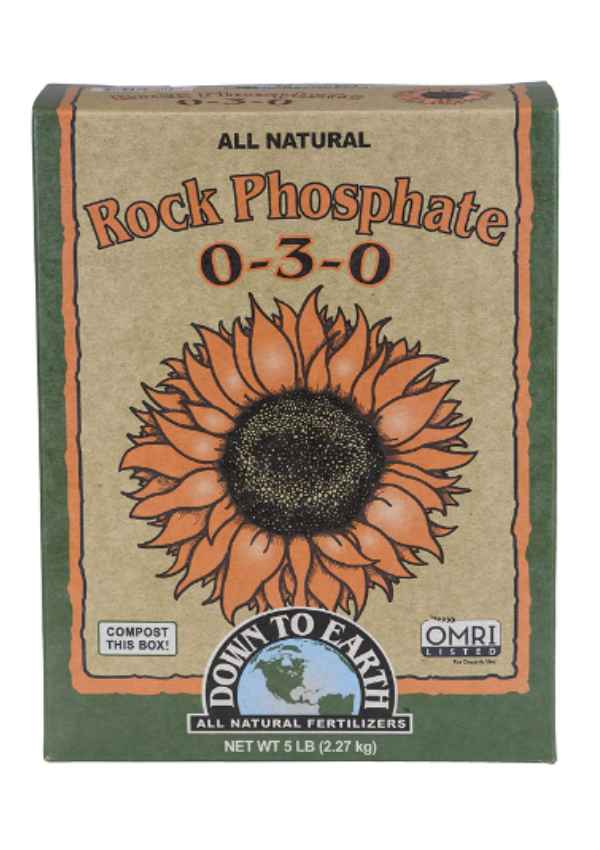
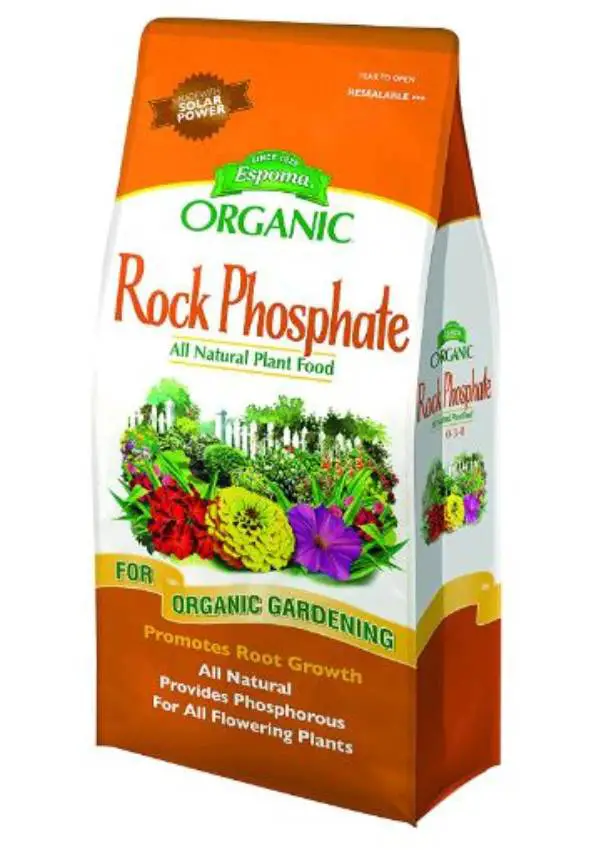
Greensand
Greensand is a form of sand or sandstone extracted from shallow marine sediments and is derived from ancient seabeds. In addition to a range of trace minerals like iron, magnesium, calcium, phosphoric acid, and many others, it contains about 3% potassium. This fertilizer contains a lot of calcium. However, depending on where the glauconite (greensand) commodities were produced, their nutritional value may have changed.
Recommendation: Down To Earth Greensand Soil Conditioner, 5lb
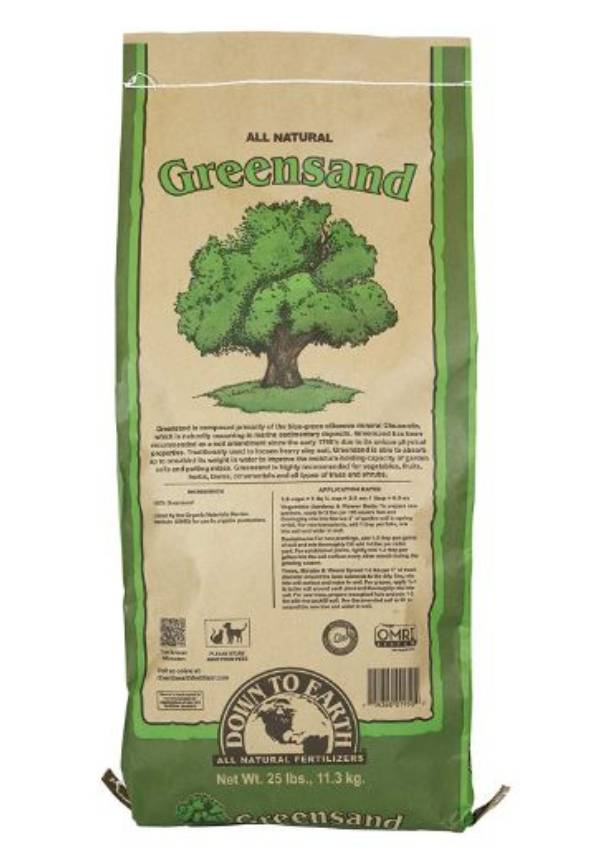
- 29 Bucket Gardening Ideas for a Lush, Compact Garden - October 30, 2024
- 20+ Chic Boho Bedroom Ideas for a Cozy and Stylish Retreat - June 20, 2024
- 12+ Modern Boho Living Room Ideas to Create a Unique Oasis - June 10, 2024

